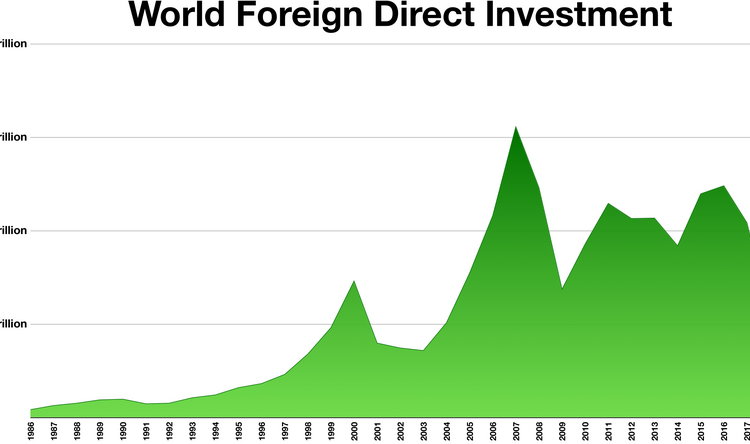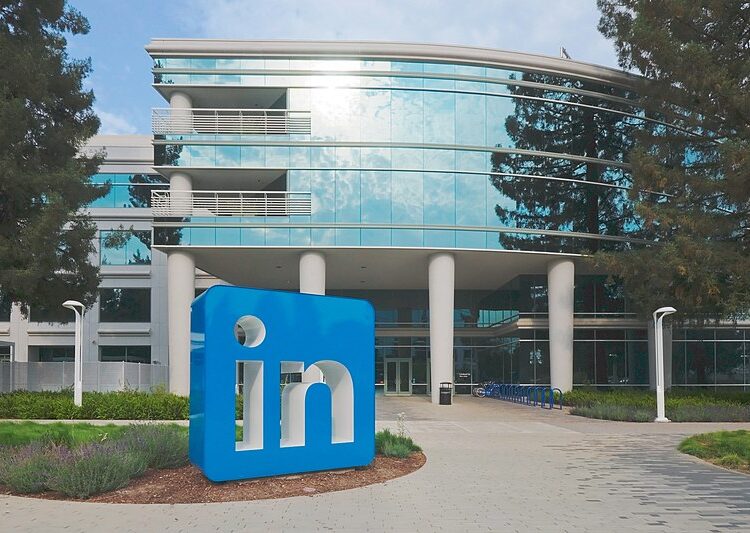What the December pricing trends reveal for investors and the auto industry
- Average new car transaction price in December was $48,759, down 2.4% from a year earlier
- United Auto Workers Union’s wage increases have not impacted new car prices
- December 2022 average transaction price of $49,507 was an all-time high
- December marks the fourth consecutive month of year-over-year declines in car prices
- Incentives amounted to 5.5% of the average transaction price in December, up from 2.7% a year ago
- Luxury cars and battery-electric vehicles got cheaper in December compared to November
- Supply and demand ultimately set car pricing, not just the cost of making a car
- Investors should expect a reversal in profitability trend for auto makers
The average new car transaction price in December was $48,759, down 2.4% from a year earlier. Despite the United Auto Workers Union’s record wage increases, new car prices have not been impacted. December 2022 saw an all-time high average transaction price of $49,507, but it also marked the fourth consecutive month of year-over-year declines in car prices. Incentives accounted for 5.5% of the average transaction price in December, up from 2.7% a year ago. Luxury cars and battery-electric vehicles became cheaper in December compared to November. These pricing trends highlight that car pricing is determined by supply and demand, not just the cost of making a car. Investors should be prepared for a reversal in the profitability trend for auto makers, as Wall Street projects a decrease in profit margin in the coming years.
Public Companies: Ford Motor (F), GM (GM), Stellantis (STLA), Tesla (TSLA)
Private Companies:
Key People: Michelle Krebs (Executive Analyst for Cox Automotive), Shawn Fain (UAW President)
Factuality Level: 7
Justification: The article provides data and information about the average transaction price of new cars in December, as well as the impact of the United Auto Workers Union’s wage increases on car prices. It also discusses pricing trends, incentives, and the relationship between supply and demand in determining car prices. The information provided is supported by sources such as Kelly Blue Book and Cox Automotive. However, the article does not provide a comprehensive analysis of all factors influencing car prices and profitability in the auto industry.
Noise Level: 6
Justification: The article provides some analysis of pricing trends in the car industry and the impact of higher wages on car prices. It mentions the role of supply and demand in setting prices and provides data on average transaction prices and incentives. However, the article lacks scientific rigor and intellectual honesty as it does not provide a comprehensive analysis of the factors influencing car prices and profitability. It also does not provide actionable insights or solutions for investors or the UAW.
Financial Relevance: Yes
Financial Markets Impacted: The article provides information on pricing trends in the car industry, which can be relevant for investors and the United Auto Workers Union (UAW). It discusses the impact of higher wages on new car prices and the profitability of car makers.
Presence of Extreme Event: No
Nature of Extreme Event: No
Impact Rating of the Extreme Event: No
Justification: The article focuses on financial topics such as pricing, profits, and the impact of higher wages on new car prices. It does not mention any extreme events.
 www.marketwatch.com
www.marketwatch.com 




